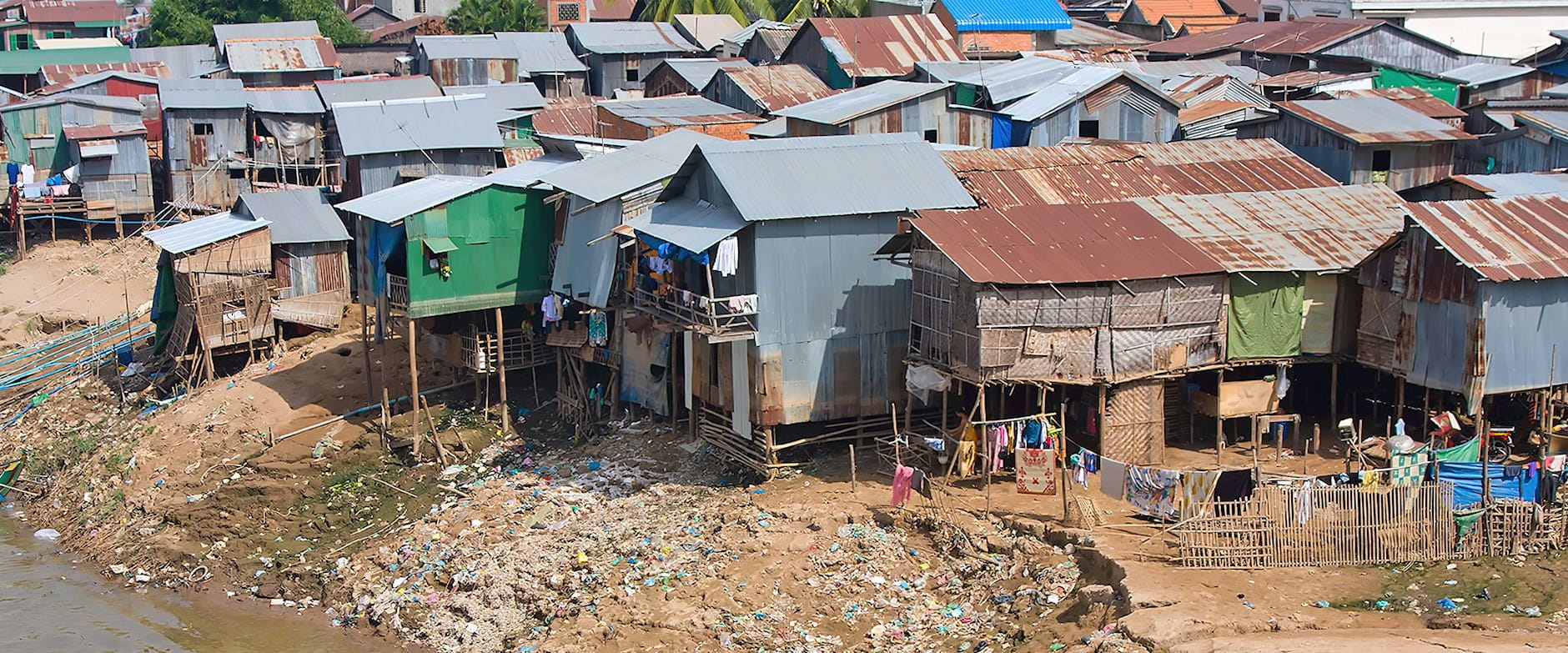If we organize all the lenders of the world, and we all agree to just stop these payments because of a worldwide emergency, it would let countries use these resources to provide emergency resources for their health system and for their people. Hopefully their economies and the health of their people recover, and then once they recover, then they can continue their schedule of payments.
So that is the proposal that I’m making. I don’t really see any other way in which they can get the kind of resources that are necessary. Because if they don’t do it, then we are looking at a humanitarian and an economic catastrophe that’s going to be much larger than anything that we’ve ever seen in our lifetimes.
And these are normally well-functioning countries. These are the Mexicos and these are the Colombias. What I’m trying to put together is a plan so that there isn’t a default.
What I’m calling for is just a one-year moratorium on payments of debt so that we can use those resources to provide the resources that the health system uses. Give these economies a chance to recover. They need resources in order to recover.
Once they have recovered, then the emergency is over, then we lift the moratorium and they go on servicing their payments. And there never needs to be any restructuring of the debt. That’s it, in essence.
What I’m trying to do is to avoid a default of the debt. I guess you could call it debt relief if you want.
So places that have a lot of resilience, have a lot of economic activity, have a lot of social capital, have a lot going for it—places like Indonesia and Malaysia—they just happened to be hit with this big shock. So we’re not talking about the Venezuelas of the world or Argentinas of the world where it’s a completely different story.
But they really do need this emergency inflow of resources, and it just happens to be unfortunate that they need it at exactly the same time when everybody else needs it at the same time.
So one line that I use is that before, we used to be able to borrow from China. Or Mexico, in 1994, turned to the US for help. That’s not an option anymore. We don’t have the option of borrowing money from Mars. So we’ve got to think of something else.
